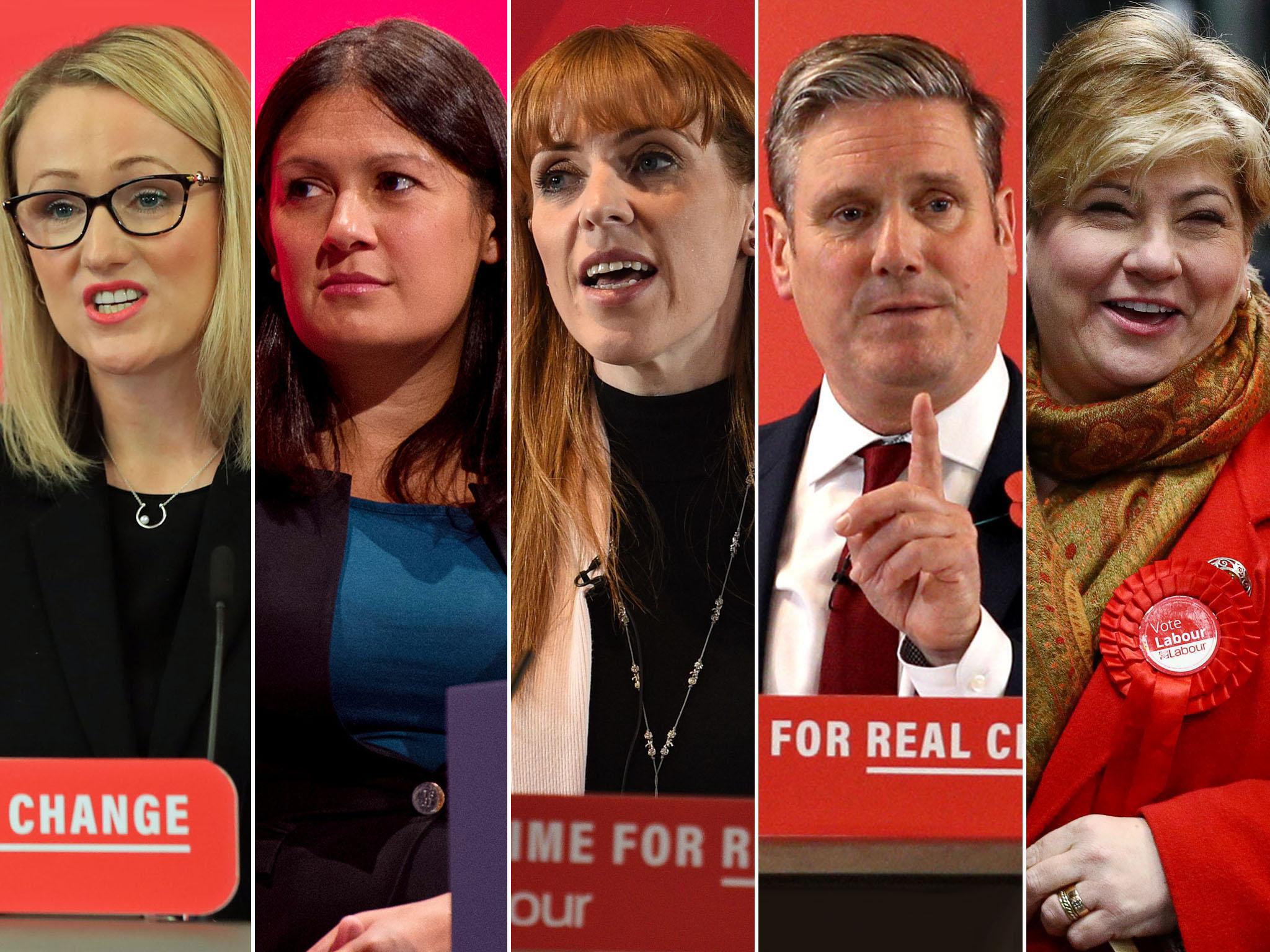The infighting will be vicious and the journey will be long – but Labour has to reconnect with the public
People need to be engaged and persuaded to make it their battle to recreate a progressive majority to take on the Conservatives, writes Peter Mandelson


Your support helps us to tell the story
From reproductive rights to climate change to Big Tech, The Independent is on the ground when the story is developing. Whether it's investigating the financials of Elon Musk's pro-Trump PAC or producing our latest documentary, 'The A Word', which shines a light on the American women fighting for reproductive rights, we know how important it is to parse out the facts from the messaging.
At such a critical moment in US history, we need reporters on the ground. Your donation allows us to keep sending journalists to speak to both sides of the story.
The Independent is trusted by Americans across the entire political spectrum. And unlike many other quality news outlets, we choose not to lock Americans out of our reporting and analysis with paywalls. We believe quality journalism should be available to everyone, paid for by those who can afford it.
Your support makes all the difference.The year was 1983, etched in history as the nadir in Labour’s postwar electoral fortunes. Vote-losing policies – “the longest suicide note in political history” as Gerald Kaufman dubbed the manifesto – were served up to the public by an endearing but unelectable leader in what must have been the worst-organised campaign ever mounted by the party.
Who says history does not repeat itself?
It took 14 years for Labour to recover sufficiently from that near-death experience to form another government, in 1997. I was a thirtysomething campaigns and communications director at party headquarters when it started and I know what a tortuous and painstaking journey it was. This time the cliff face is even steeper and the odds possibly against us succeeding.
The fundamental difference is that, unlike in 1983, the party, its structures and the unions have now been comprehensively captured by a highly organised far left who do not even accept that what we offered to our voters last week was unpopular. They are on a different, ideological, trajectory which views winning power as a nice-to-have rather than a necessity. For them, the electorate did not mind that between 2017 and 2019 Labour’s spending commitments had been doubled and its credibility – from national security to the economy – halved. They claim voters were simply befuddled by Brexit and sent in the wrong direction by the excesses of the Tory press. They ignore that the Labour leader abstained from declaring a position on the most important issue facing Britain in decades and deny that his past associations worried large numbers of voters.
The party’s democratic governance has collapsed. The National Executive Committee is a shell, its role usurped by an “officers’ group” whose decisions are controlled by the leadership of Momentum and the super-union Unite.
The reason Labour was able to recover was the leadership available to take us on the long march. In 1983, the newly elected leader Neil Kinnock, a Tribunite left-winger himself, grasped the gravity of the situation. He was utterly uncompromising in his determination to confront the hard left. He tirelessly spelled out how the party had to reconnect with its voting base and did not hesitate to identify the policies that needed changing: an economy that should be planned but not owned by the state, defence forces that had to be fully funded alongside a health service and welfare system that must be rebuilt. He did not shy away from making the patriotic case for Europe.
There may be Labour MPs today who see themselves in this mould, but before launching themselves into the fray they should ask themselves whether they have the vision, political arguments and speech-making skills needed to inspire. Stamina for internal hand to hand combat will be essential, as Kinnock demonstrated during his near decade of leadership. He may have lost two general elections but, unlike our experience under Jeremy Corbyn, he took the party forwards, building a broad-based electoral coalition and gathering more votes at each stage of the journey, and he did so precisely because the public witnessed his commitment to defeating a hard left whose instincts and priorities were at odds with their own.
Throughout, Kinnock had an indispensable force to draw on: the trade unions which had founded the party and desperately wanted to see it elected again for the sake of the working people whose interests they sought to advance. In those days, there was not one politically unrepresentative clique in charge of a super union controlling or bullying the rest, but a range of union voices, like my own union GMB, Unison and Usdaw, who, despite their differing views, were united in wanting to see a Labour government in office again and willing to make the choices and compromises that requires. Without them, Kinnock would never have won the internal battles to enable the party to recover and is now, again, an existential call for the unions.
I appreciate the irony for me of conjuring up the power of the unions to secure Labour’s future, given they are currently using their leverage in the party to reinforce rather than rebalance the hard left. But as a result of Ed Miliband’s rule changes that ushered in what Corbyn calls “people power” in the party, it is clear that the battle of ideas is going to have to be won in a different way – in both the future leadership and general elections.
Instead of fights waged in smoke-filled rooms, the argument has got to be taken out of the party into the country. The public (not just activists) need to be engaged and persuaded to make this their fight to recreate a progressive majority to take on the Tories. Ideally they should become Labour members themselves, prepared to stand up for radical but credible policies capable of appealing to the mass of mainstream voters. Others will prefer to contribute ideas and funds to help make this happen.
In this, there is an encouraging lesson from America. While we were charting a way back for Labour in the 1980s, a small movement that later grew in size and influence gave support to Democrat governors and mayors across the US who were standing up for progressive policies and reconnection with the public. The Arkansas governor, a young Bill Clinton, took on its leadership shortly before his own presidential bid in 1992. Perhaps nearer home, there are similar lessons to be drawn from the success of Emmanuel Macron’s En Marche! in France.
However it is done, this is not going to be a short journey and the exact route is uncertain. But there is only one destination: to build a progressive coalition capable of winning power in our country once again. Only in doing so will we begin to realise Labour’s founding purpose.
Lord Mandelson was the MP for Hartlepool from 1992 to 2004 and served in a number of cabinet positions under both Tony Blair and Gordon Brown

Join our commenting forum
Join thought-provoking conversations, follow other Independent readers and see their replies
Comments